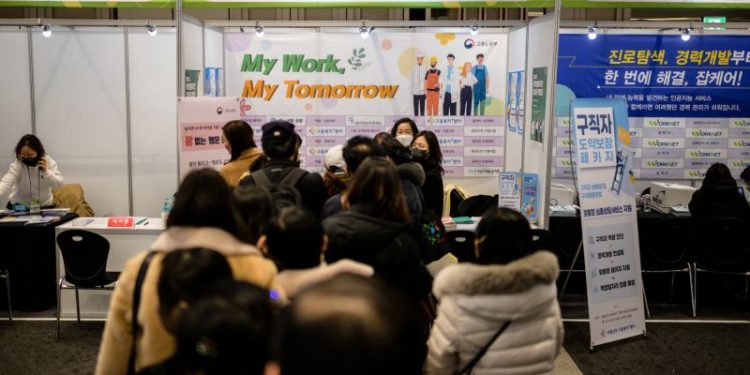Number of North Korean Defectors Nearly Triples in 2023, Including ‘Elite’ Diplomats, South Korea Says
In a surprising turn of events, South Korea has reported a significant increase in the number of North Korean defectors in 2023. According to South Korean authorities, the number of defectors has nearly tripled this year, with an unexpected inclusion of ‘elite’ diplomats who have chosen to flee their home country.
The sudden rise in defections from North Korea has raised eyebrows internationally and shed light on the escalating dissatisfaction and despair within the secretive nation. The motivations behind people risking their lives and making the dangerous journey to South Korea are complex and varied, but the underlying reasons are undoubtedly rooted in the dire conditions within North Korea.
North Korea has long been known for its harsh political regime and extreme isolation from the outside world. The secretive state’s totalitarian rule, coupled with economic hardships and limited access to basic necessities, has created a breeding ground for dissent and desperation.
While significant numbers of North Korean defectors have traditionally consisted of ordinary citizens escaping poverty and seeking a better life, the inclusion of ‘elite’ diplomats is a new and intriguing development. This suggests that even those who hold positions of power and privilege within the North Korean government are disillusioned and seeking an escape.
The motivations behind diplomats defecting could be diverse. Some may have witnessed the corrupt and oppressive nature of the regime firsthand, prompting them to abandon their loyalty to the regime. Others may have recognized the stark contrast between their own privileges and the suffering of their fellow citizens, leading them to question their role within the regime.
The increase in defectors also underscores the effectiveness of the underground networks and support systems that have aided North Koreans in their escape. Organizations such as non-governmental organizations (NGOs), religious groups, or even ordinary citizens have played a crucial role in helping defectors navigate the dangerous journey, providing them with shelter, money, and legal assistance. The success of these networks has undoubtedly emboldened more North Koreans, including diplomats, to take the risk and escape the clutches of their home country.
The surge in defections carries significant political and diplomatic implications. It could represent a potential shift in power dynamics between North and South Korea, as well as impact the delicate relationship between North Korea and other world powers, such as the United States and China. The defection of diplomats may provide valuable intelligence to South Korea and its allies regarding the inner workings of the North Korean regime, potentially influencing diplomatic strategies and policies moving forward.
As the numbers of defectors continue to rise, it is essential for the international community to support and protect those who choose to leave North Korea. Human rights organizations, governments, and individuals must unite to provide assistance, safe havens, and opportunities for those seeking freedom and a brighter future.
In conclusion, the significant increase in the number of North Korean defectors in 2023, including ‘elite’ diplomats, highlights the growing dissatisfaction and desperation within North Korea. The motivations behind their defection are complex and varied, but they reveal a deep-rooted disillusionment within the secret state. The rise in defections also underscores the effectiveness of underground networks in aiding the escape of North Koreans and raises important political and diplomatic implications for both North and South Korea, as well as the international community. It is crucial for nations and global entities to support and protect these defectors, offering them opportunities for a better life and contributing to the eventual transformation of the North Korean regime.

















